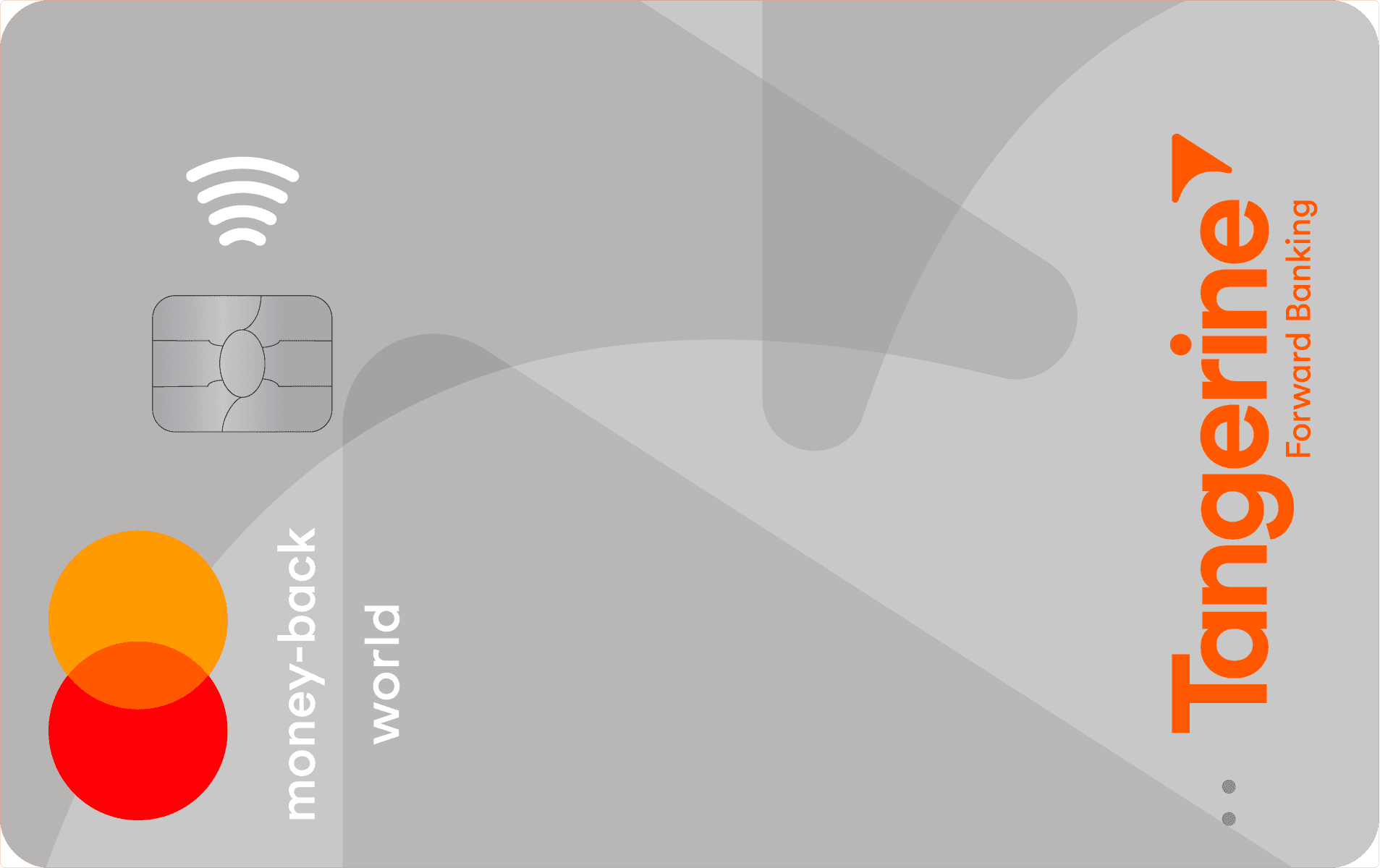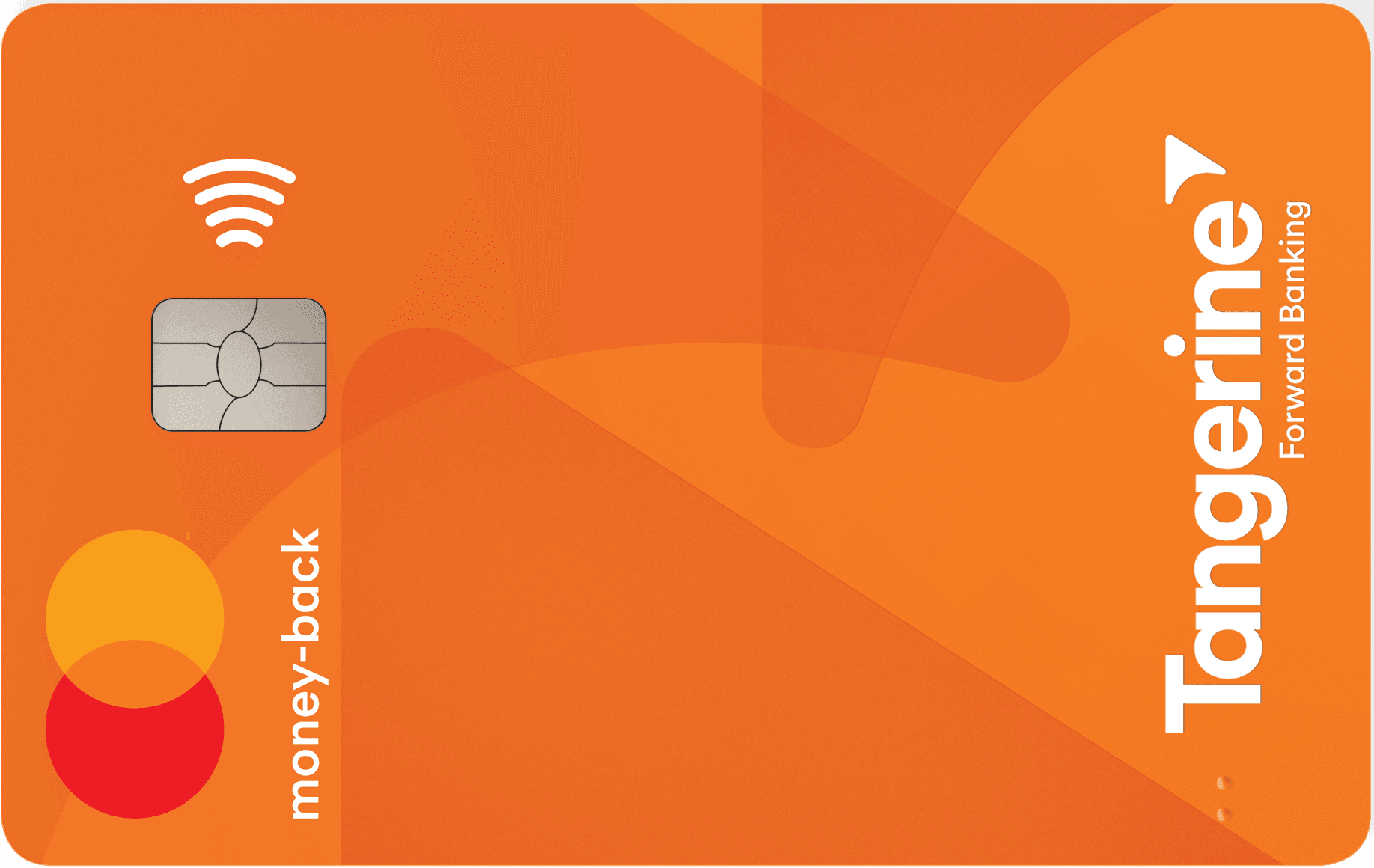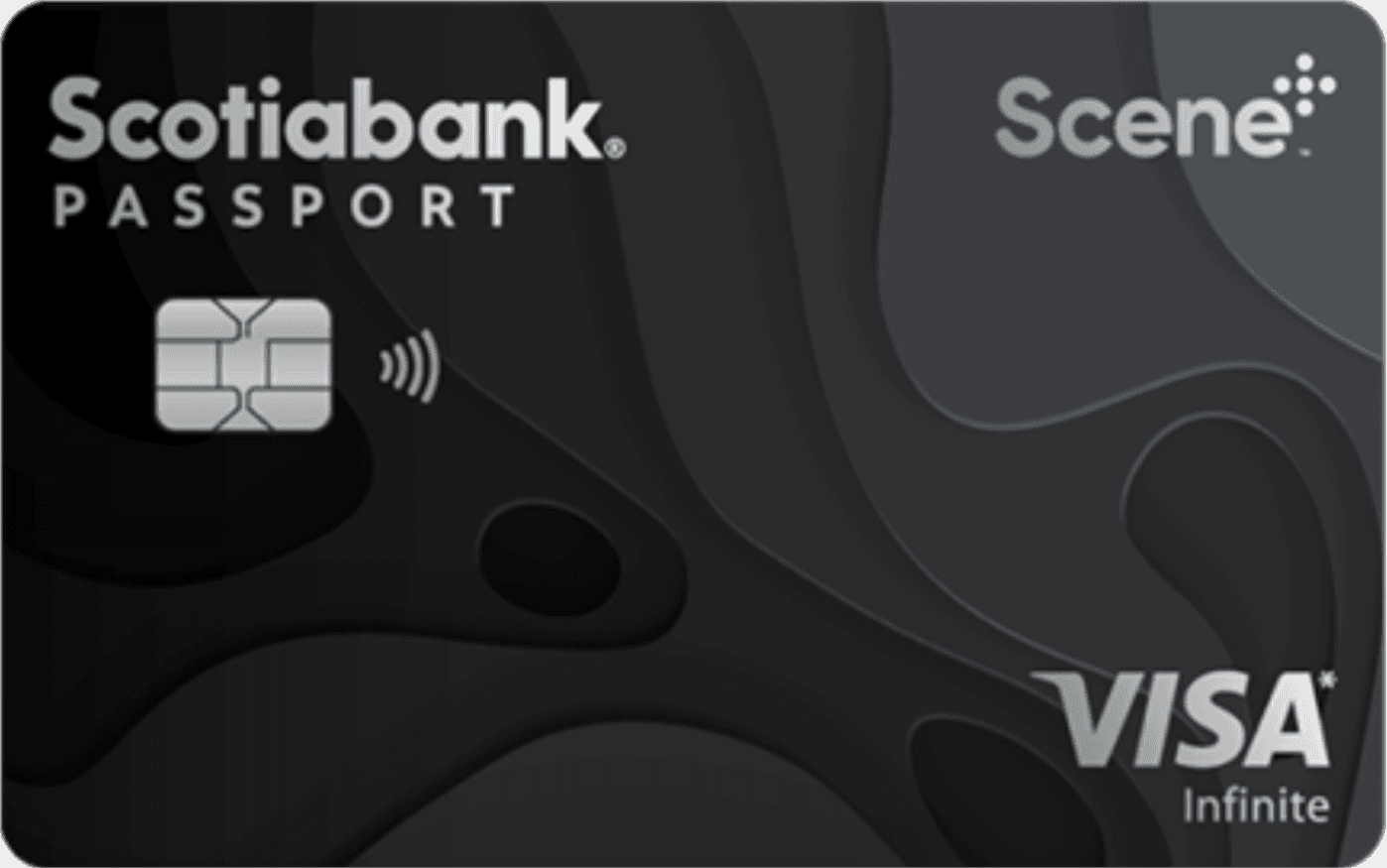Working hard in the background...
10 Canadian Credit Card Scams to Avoid
Published Jan 5, 2026 1:22 PM • 13 min read
Nothing beats the comfort of owning a credit card to manage monthly finances. Just like the usage of credit cards is increasing in Canada, the ratio of credit card scams is also on the rise. Scammers saw the opportunity due to the excessive reliance on credit card usage of individuals and businesses.
Credit card scams refer to all fraudulent activities that are taken in order to manipulate, deceive, or steal credit card information to get access to the card owners’ funds. Credit card scams are looting users in various forms.
So how do these scammers get access to your finances? In this article, we will share the most common types of scams that are occurring in Canada. We will not only cover the popular scams but also educate you on the ways to avoid those scams. It will help you identify scamming activities, prepare you to avoid them and use your credit cards responsibly.
10 Credit card scams to avoid and how to identify them
Here are 10 types of credit card scams that you need to be aware of. Let us begin the educative ride.
Phishing scam
The scammers can send you text messages or emails portraying you to be someone else. Mostly, they claim to be some legitimate organization like your credit card issuer. They want you to trust themselves as someone you deem trustworthy. To make themselves legit, they usually devise a website that looks very convincing and makes you think that the sender is authentic. Their goal is to make you share your credit card sensitive information so that they can get access to your funds and drain you financially.
Phishing scammers usually send you a weblink that you need to click assuming that the sender is legit and wants you to open the link for your benefit. But once you click that link they will ask you for your credit card information including your credit card number and PIN. Most likely they will make you enter those details in pursuit of winning a lottery, to update your credit card, or just a usual formality by the credit card issuer. But if you enter your information, they will hack all your data and use it to abuse your credit card.
To avoid the phishing scam, you need to be alert while dealing with such texts and emails. Anytime you receive such an email or text you must pay attention to the contact number or email ID of the sender as scammers usually make an email that resembles that of the official service provider with a slight difference that doesn’t seem to be very obvious unless you are very attentive.
Also, even if you open any such email or text then never click on the shared suspicious links let alone enter your personal credit card information. If the matter seems to be legit and urgent then it is better to always contact your credit card issuer (or any other entity that the higher claims to be) on the official number that is shared on their official website to confirm if the email you received is authentic or not. A little precaution can save you from a huge loss. The Neo Cathay Pacific card offers advanced security features to help protect users from common scams like phishing and skimming. With real-time transaction alerts and strong encryption, Neo Cathay Pacific ensures your financial information stays safe, making it a smart choice for those concerned about credit card fraud.
Identity theft
As the name suggests, in this scam the scammer tries to steal your identity and then use it for unauthorized transactions. Identity theft can occur in various forms. The scammers can steal your credit card itself and knowing your PIN they can use it anywhere they like. In some cases, the scammers get your credit card information and then enter it online to use your credit card and steal your money. The most extreme form of identity theft is when the scammers open a new credit card account in your name with your identity. This is the most intense and harmful way of identity theft as you won't even have any idea that the scammer has opened a new account that they are using making you liable to pay for outstanding debt. Neo Cathay and many other card companies are committed to user safety by providing educational resources on avoiding credit card scams.
To protect yourself from identity theft you need to make sure that your personal information is safe. Never share your personal information with anyone even if the other person is your friend or close acquaintance. Always shred important and sensitive documents especially copies of your identity documents. Monitor your credit card statement now and then which has been very easy since the inception of mobile applications. Make sure to create strong and unusual PINs that are difficult to guess.
Credit Card Skimming Scam
Scammers can steal your credit card details by placing skimming devices at the places where you are likely to use and enter your credit card details such as gas stations, ATMs, POS machines, etc. They are designed in a way that you won't suspect their presence. The scammers try to camouflage these devices in authentic devices so that you can enter your sensitive information without any resistance. As soon as you enter your information, the scammers receive all the details that they are meaning to get. As you can expect, they instantly use that information to steal from you leaving you empty-handed.
To avoid the credit card skimming scam you need to be very attentive while swiping your credit card at an ATM or a POS machine. In most cases, the skimming devices are loosely attached to the authentic devices. So, if you feel anything is suspicious in the machine then it is better to yank the machine. Any loose attached device will fall off leaving behind the intact authentic machine. Any loose device or unusual attached equipment is a sign of a scimming device which you can spot if you are attentive. Also, make sure to cover your PIN while entering the device because you don’t want others to be able to have a look at your PIN especially when there is a camera around. In case you have used your credit card and later feel a bit fishy about it then monitor your credit card statement to see if it is used for authorized transactions so you can block it instantly without any further loss.
Unsolicited offers
Scammers can lure you into sharing your credit card information by offering unsolicited offers. They can reach you either by email, mail, or phone call and congratulate you for winning something irresistible. They will try to trick you into sharing your financial information to verify your details and send you your gift. They will get the desired information to track, hack, and abuse your credit card.
To avoid the scam of unsolicited offers, you need to be realistic when reached by a scammer. You need to think clearly if you have participated in any scheme if your credit card issuer was offering any such reward, or if any merchant has offered a reward in exchange for a purchase. Also, you need to verify that the offer given to you is legitimate even if you are confused that you might have taken part in any contest. You can do this by excusing the call or delaying the reply to the email and contacting the official number of the offer provider. This way you can confirm the offer and if they refuse any such offer then you can protect your credit card usage by blocking the scammer who approached you with the offer.
SSN scam
Scammers can reach you with the news that you need to make an urgent payment or else they will suspend your social security number. They will try to sound it very urgent so that you don’t get much time to think and make a rash decision by following their directions.
To avoid this scam, you need to be aware that your social security number can never get suspended just like this. Social Security Administration never reaches out to residents in this way by threatening them to suspend their numbers. So, if you get any such call, then end it immediately because it is for sure a scam.
Debt Relief scam
Scammers may reach you and offer you an easy way out to pay off your debt. Mostly, this scheme is applied to credit card users who are drowning in credit card debt accumulated over time. Of course, such users are sensitive to the issue and want to repay their debt in easy instalments. The scammers take advantage of this vulnerable situation of credit card users and reach out to them with the offer that they can waive off their debt if they pay a certain amount instantly as a premium or token money. Once you make that payment in desperation to waive off the debt, they will block you right away and enjoy your money.
To avoid such relief offer scams, you need to be vigilant whenever you receive any such calls or offers. Such offers are mostly made by phone calls and show a sense of urgency. Whenever you receive any such call that requires urgent action then be aware that it is a sign of suspicious activity. Right away cut the call. Contact or if possible visit the credit card issuer and confirm if they are offering any such relief scheme for credit card debt. This confirmation will clear out your suspicion and save you from potential scams.
Want some real debt-relief strategies?
Get the details here: How to Get Out of Credit Card Debt
Low-interest rate scam
Scammers may contact you pretending to be a credit card issuer representative with the offer to lower your interest rate. This might be tempting, especially for those who already have credit card debt to clear. A lower interest rate sounds like a great way to ensure lower debt accumulation in the coming months which seems like an irresistible offer.
Even users with no current debt find it a great offer as this means they will have to pay lower interest charges for revolving debt. If you show your willingness for the offer, the scammer will ask you for your credit card information and make it sound like a routine check that you are the credit card holder. Well, they are fetching all the information they need to hack your credit card. Once they get the information they need they will say goodbye to you, use your credit card to transact the money, and vanish into thin air.
You can avoid such scams which offers low interest rate by being aware that the credit card issuer will never ask you for your sensitive information over the phone. If you think that the offer is genuine then it is better to cut the call, contact the credit card issuer on an authentic customer service number, and inquire them about any such offer to know about the authenticity of the offer.
Find an actual low-interest credit card offer here: Canada's Best Low Interest Credit Cards
Charity scam
Scammers these days know how to play with kind-hearted credit card users. They play with your emotions psychologically and convince you to share your credit card information. They disguise themselves as a charity organization seeking donations for charitable causes (to fight disease, help the poor, etc). They will try to sound very polite and emotionally blackmail you by sharing the sensitivity and severity of the cause they are fighting for. Once you fall prey to such charity schemes and agree to participate they will ask you about your credit card information through which they will get access to your personal details and use it to scam you. Scammers can also call you sounding like a representative of the charity organization you are already donating to asking you to send money to a different account.
To avoid such scams, it is advisable to inquire more about the charity in a way that will puzzle a scammer. You can ask them about their location, office, and other such details that they will find difficult to make up instantly. Even if you are somewhat sure that this is a legitimate charity still then it is better to donate through their official website or by visiting them in person than over the phone. If a scammer asks you to send your monthly scheduled donation to a different account, then be aware that this is a shady favour to ask and charities don’t change their account numbers like that. So, never forward the money to any such charity representative (who is a scammer).
Overcharge scam
Scammers in Canada are getting innovative. They can call you claiming to be a representative of your credit card issuer and inform you that you have been overcharged for one of your purchases. Usually, scammers get your credit card information before making such calls so that they can name the product that you frequently use (mostly on a monthly basis) such as Netflix. After informing you about the overcharge mistake, they will ask you to take some urgent steps to reverse the payment or else it will appear on your monthly statement and won't be reversed later. If you follow the steps they ask you to then they will get the information to hack into your credit card.
You can avoid such overcharge scams by simply knowing that no such overcharge reversal offer is time-bound bound that requires urgent action. Also, a great way to double-check is by checking your online application to see what is the amount of transaction charged to you for that particular purchase (say Netflix).
Stolen credit card
One of the most common credit card scams is stealing someone’s credit card and abusing it.
To avoid this, it is advisable to carry a credit card only where it is necessary. Also, if you are unable to find your credit card then do not delay the search by assuming that you must have forgotten in one of the drawers or a pant’s pocket. Rather contact your credit card issuer and suspend/block your credit card temporarily so that it can't be misused if stolen. You can easily unblock it if it was misplaced in the first place upon finding it so blocking it won't harm you in any way rather protects you against probable harm.
General tips on how to avoid credit card scams
Although I have already shared the major types of credit card scams along with ways to avoid them, here are some more general tips that can help you to protect yourself from credit card scams or fraud. These include:
- Always know that your credit card issuer will never ask you for personal details or credit card information over the call, email, or mail, especially your PIN.
- Never share your credit card PIN with anyone.
- Try to change your credit card PIN now and then.
- Always cover with your other hand while entering credit card PIN on POS machines, ATMs, and gas stations.
- Never purchase and enter your credit card information while using a public computer.
- Never enter your credit card details on a shady or unsecured website.
- Always keep your firewall and spyware up-to-date
- Monitor your credit card statement through the online app now and then to locate any unauthorized transactions. If you spot any, lock your card to prevent further fraudulent activity.
You can also take advantage of your credit card's built-in security features, as well as your card's fraud protection policies.
Trending Offers

Tangerine® Money-Back World Mastercard®*

Tangerine Money-Back Mastercard

BMO Performance Chequing Account

Scotiabank Passport® Visa Infinite* Card
What's on this Page
About the author

Abid Salahi
Credit Card Expert
Abid leads the design and engineering of the FinlyWealth website, making sure everything runs smoothly and looks great. He’s a seasoned software engineer who follows best practices and designs interfa...
SEE FULL BIO